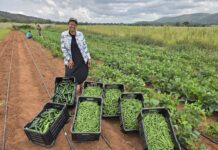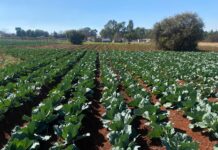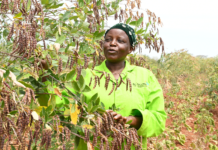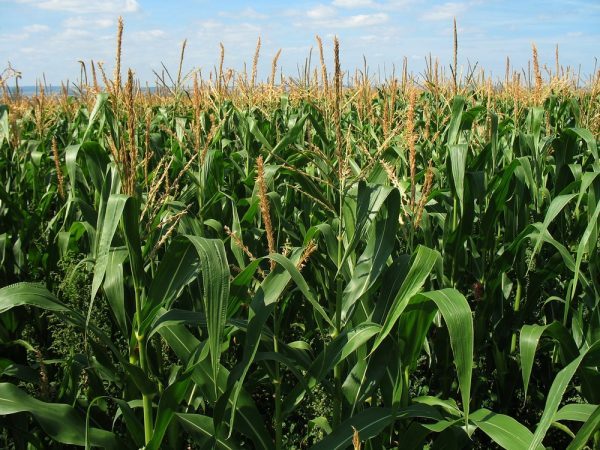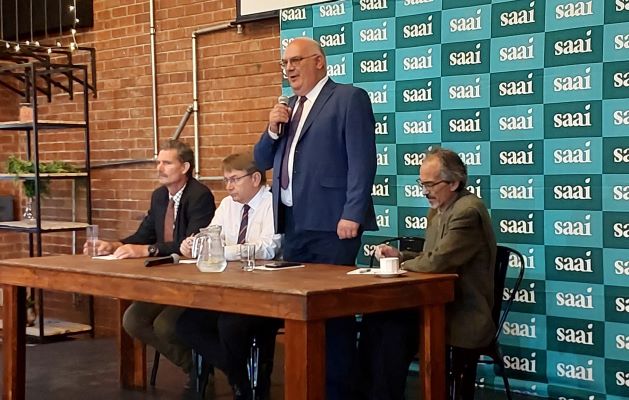
When you ask the Zimbabwean farmers how things in Zimbabwe are nowadays, their answer is always the same: “Things are tough, but this year we will see a big turnabout!” Every year. It is 23 years since Mugabe’s Zanu PF started to drive white farmers off their farms brutally and almost three years after the Global Compensation Deed (GCD) with agricultural organisations was signed. According to the GCD, Zanu PF has admitted that it owes compensation to the farmers and has committed itself to an instalment arrangement, but nothing has materialised yet.
As the representative of more than 500 family farmers who farmed or still farm in Zimbabwe, Saai began putting pressure on the government. On Monday, 6 March, Saai met with embassies in Pretoria to create greater awareness of dispossessed Zimbabwean farmers’ plight and inform them of the Zimbabwean government’s latest offers to compensate farmers. This was followed up with a media conference where the lead-up to and current state of legal action against the Zimbabwean and South African governments by Willie Spies of Hurter Spies Inc. has been set out.
Saai is currently making a documentary programme about the expropriations and the long struggle for fair compensation to families who have been evicted from their farms since 2000. The Zimbabwean government offered the Global Compensation Deed to the farmers in July 2020 but never honoured the agreement. A new offer involves payment in government bonds that can only be discounted after 14 years, and most of Saai’s Zimbabwean members do not agree.
The Zimbabwean government sporadically pay small sums of money to the most vulnerable old farmers to help them with doctor’s fees and medical bills that are in arrears. Unfortunately, the government misuse this as a pistol against the head of the wider farming community by threatening to end these payments if title deed holders don’t accept the new offer.
Saai is now establishing a fund as an alternative source from which the most vulnerable farmers may be helped to survive. Saai is also creating an investment instrument for Zimbabwean title deeds based on the hope of fair compensation. Farmers can sell their title deeds to the investment instrument or deposit them in it for their own benefit so that the title deeds and accompanying claims will have a longer lifespan than the farmers themselves.



